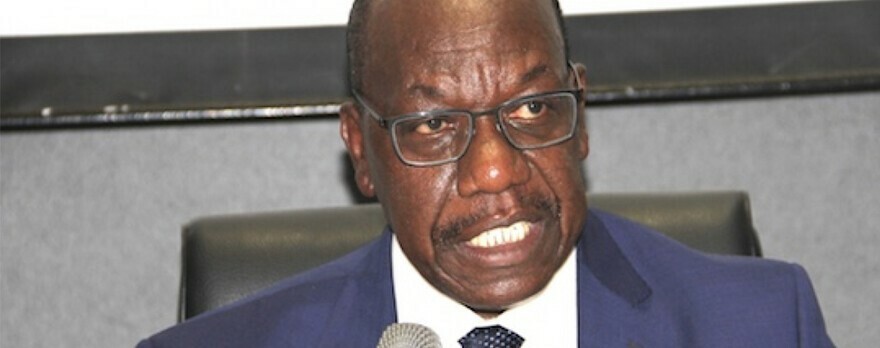With only ten months remaining until the scheduled elections, the parties to the peace agreement in South Sudan have yet to reach a consensus, and crucial tasks remain unresolved.
The Reconstituted Joint Monitoring and Evaluation Commission (RJMEC) flagged several concerns during its address to the 1202nd meeting of the African Union Peace and Security Council (AUPSC) on Tuesday, February 27, 2024.
In a virtual statement, RJMEC Chairperson Amb. Maj. Gen. Charles Tai Gituai expressed concern about the incomplete Agreement requirements essential for conducting free, fair, and credible elections.
Pending tasks include securing funds and operationalizing election-related institutions responsible for the preparation and execution of elections. Additionally, there is a need to draft the permanent constitution, which will serve as a guide for the election process.
Amb. Gituai highlighted other outstanding tasks such as judicial reforms aimed at bolstering the capacity and independence of judicial institutions. Moreover, the completion of Phase I and II unification of forces and the expansion of political and civic space are crucial to fostering public participation in both the constitution-making and election processes.
Amb. Gituai highlighted, “This five-year period of the Agreement signifies the longest stretch of relative peace, inclusivity, and stability since independence in 2011. The progress achieved during this time is significant, considering the previous security challenges in the country. Hence, it’s crucial to solidify and safeguard these accomplishments.”
However, Amb. Gituai continued, “In my recent discussions with the Agreement’s Parties, it’s clear there’s no agreement among them regarding the elections.”
“Given the magnitude of the tasks ahead, it’s imperative for the Parties to engage in dialogue, show political will, and reach compromises and consensus to move forward,” he emphasized.
In his recommendations, the RJMEC Chairperson urged the AUPSC to assist the Revitalised Transitional Government of National Unity in organizing credible elections within the Agreement’s framework. He also encouraged the Parties to engage in dialogue to foster consensus and compromise as needed to ensure free, fair, and credible elections.




